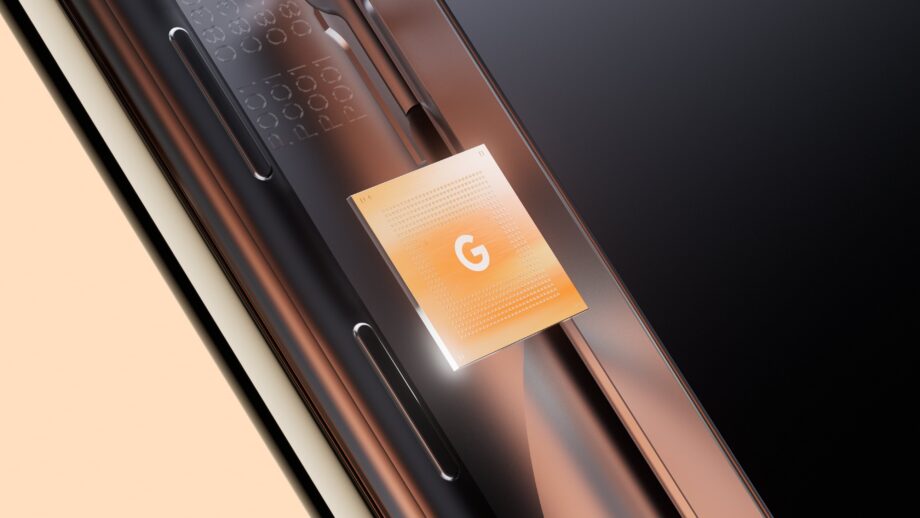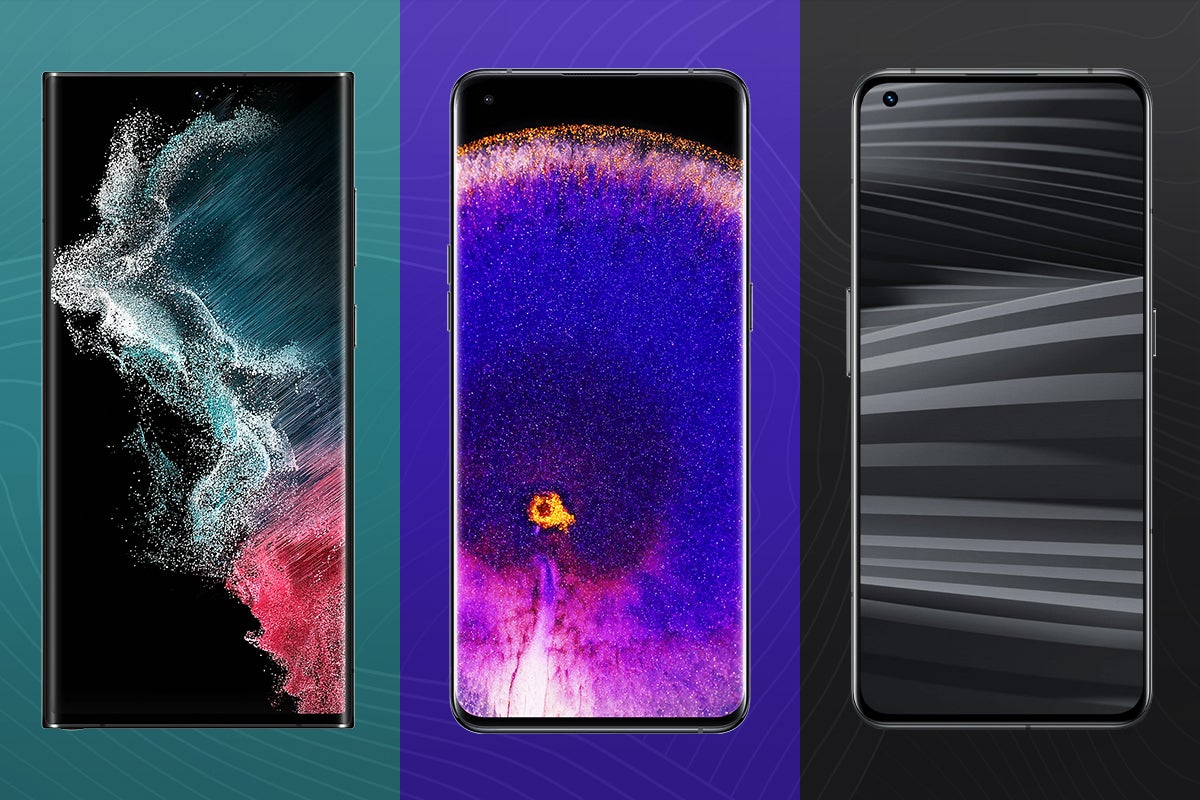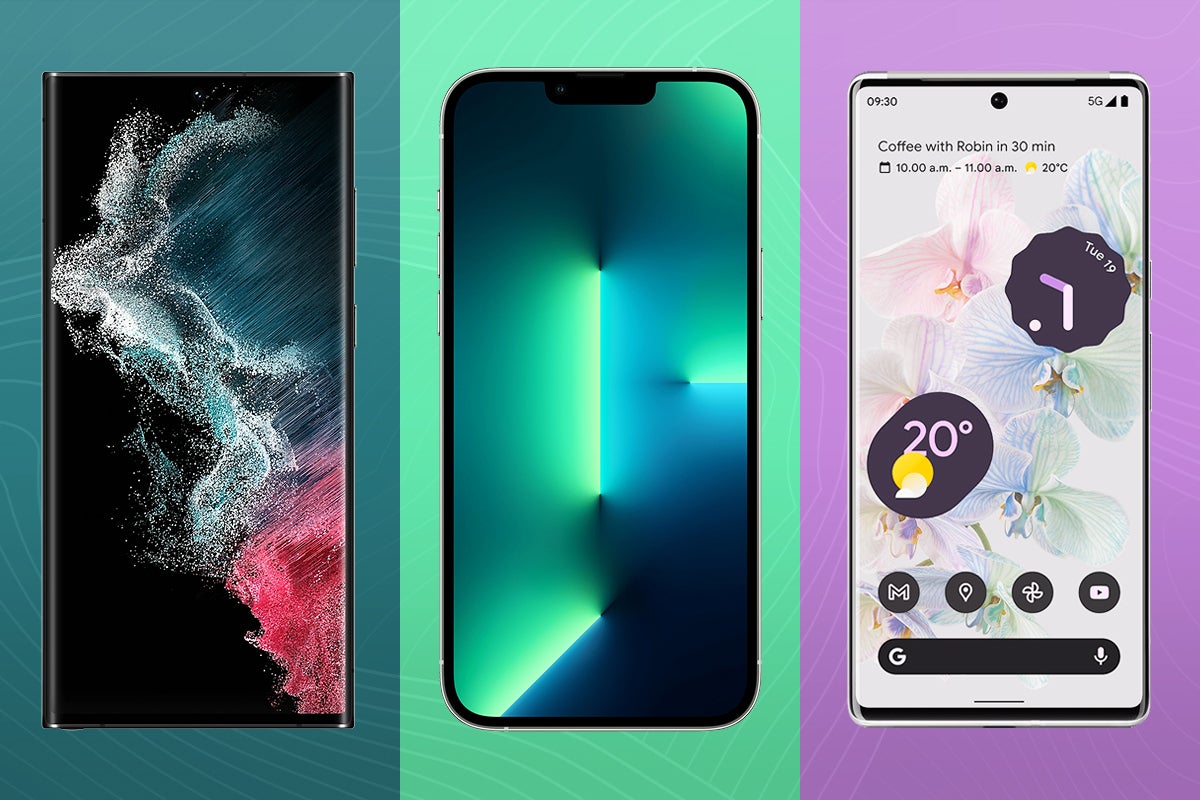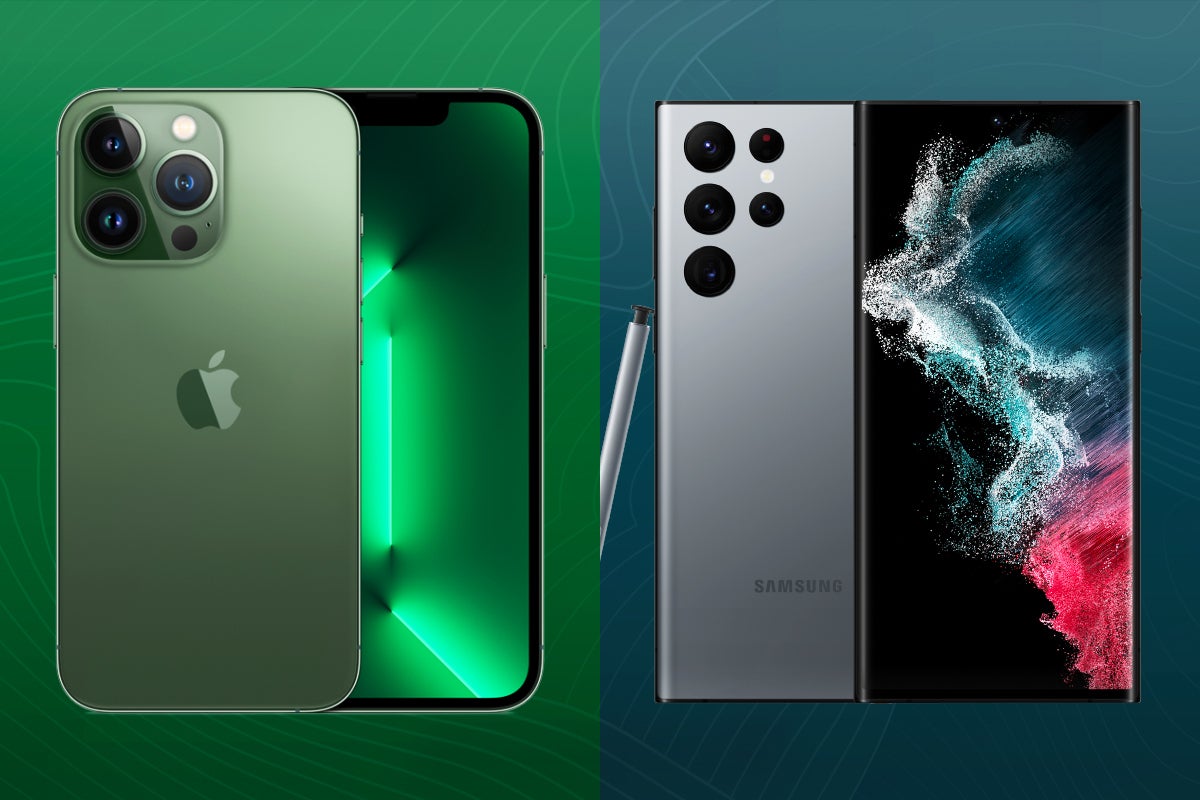Tensor is the end of Google’s love affair with other phone makers

OPINION: This week Google launched its new Pixel 6 and Pixel 6 Pro smartphones. And while this may not be terribly “new”, with the firm doing the same October tech launch like clockwork for nearly the last decade, for me the event felt very different.
This wasn’t just because both phones look like the biggest updates we’ve seen to Google’s handset offering since the first generation Pixels launched many moons ago. Or that it saw Google return to the true flagship space with the Pixel 6 Pro, after seeming to abandon it with last year’s distinctly mid-range Pixel 5.
It was because, for the first time, Google seemed to have completely lost interest in playing nice with the phone and component makers that made the Android platform as great as it is.
This was apparent the moment Google Senior Vice President, Rick Osterloh and Google Product Manager, Monica Gupta took to the stage at the Google event and triumphantly discussed the two phone’s new Tensor chips.
Throughout their descriptions the phrases like, “held back”, “not as good”, “first time we’ve been able to” were thrown around to describe the new chip and its capabilities compared to the competition.
This is a profound change to the way Google has talked about other phone makers and component providers in the past.
When Android first launched, Google was not a hardware company. Even the first Nexus devices didn’t really change that. Yes, you could buy them and Google did crow about how good they were, but it spent most of its time during those keynotes selling their software, not hardware.
The Nexus devices were there purely to woo developers to work on Android and make it a world leading platform. This was a key reason it never made its own Nexus, choosing instead to partner with the likes of HTC, Samsung, Motorola, LG and Huawei for each new generation. Any mention of how good the hardware was tended to come via guest speakers from Qualcomm, or the company that helped make the phone
You could argue that this changed the moment Google launched Pixel, the first phone line created exclusively by the search giant. But I’d argue that wasn’t the case. Despite being “made by Google”, the Pixels still used parts from other OEMs, chief of which were the Snapdragon chips they were powered by. And Google never made as much of a big deal about their hardware, still pointing to their stellar software and Google services, which include cutting edge AI image processing.
The move to focus on how it was being held back before Tensor is a sign Google’s come to the conclusion it no longer needs to play nice with competing tech firms and is moving to cut them out – to a degree.
This would make sense, as despite all the lovely marketing, Google’s main mission has never really changed. Google is at its core a data company. Every service it provides, every device it makes has one goal; to get users onto its platform, looking at its ads and sharing their data.
This is why Google made Gmail, Maps, Drive and pretty much every service in its portfolio. It’s also why it’s now making Tensor. The AI chip isn’t there to help you translate conversations abroad in real-time, or let you take better pictures. Those are just tertiary, albeit intentional, perks designed to entice you to use Google services. Like Apple with its A and M-series chips, all it’s doing differently is trying to cut out any extra cost, or middlemen from the process.
From a consumer standpoint this could be a good thing. We’ve already seen how positive a tech company having full control over a device’s software and hardware can be with Apple’s iPhone line. But from a competition standpoint it could be terrible. Here OEMs could be put in a very tough situation where the choice is to adopt Google hardware and software, or ditch both if they want to offer competitive user experiences.
We’ve already seen Huawei have to do this, albeit for different reasons, with its Harmony OS. Oppo’s also rumoured to be tinkering with its own operating system for this very reason. Back in the day Samsung also tried and failed to do this with Tizen having seemingly anticipated this eventuality.
This is why I can’t help but feel Google Tensor is a pivotal moment for the tech industry that could fundamentally break the Android vs iOS status quo we’ve seen in the phone market for the last decade.





